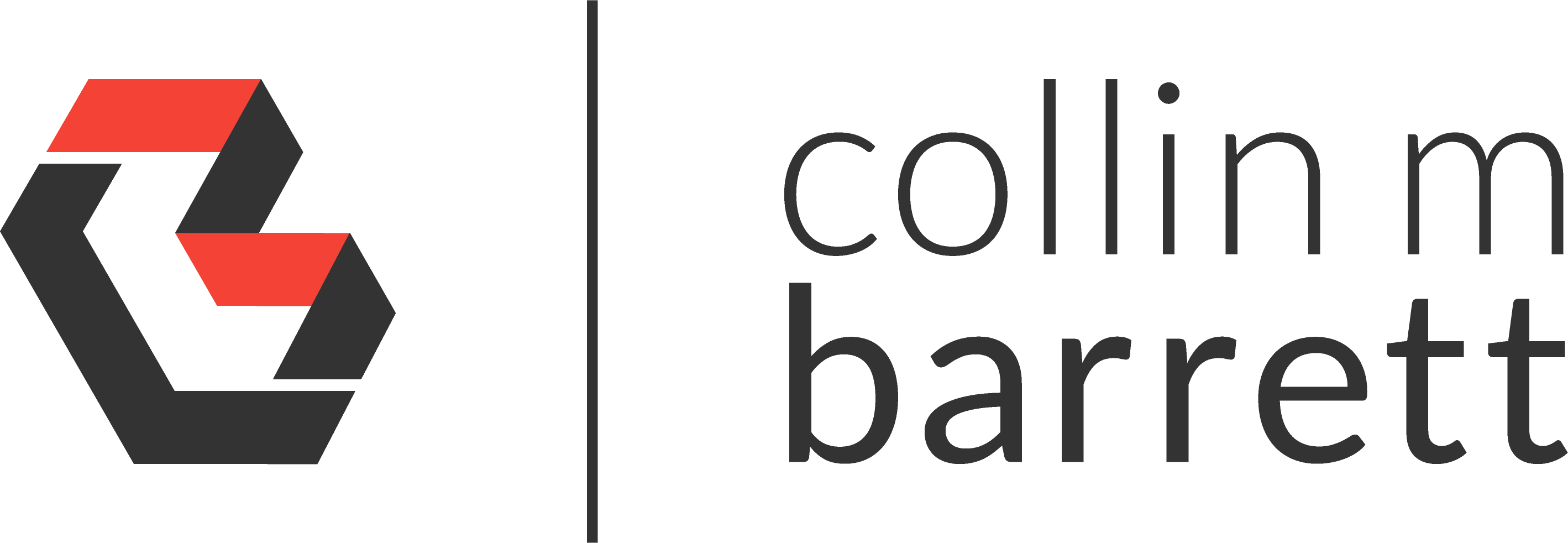
Chad Fowler on the Memphis Technology Landscape
Disclaimer: I imported this post from WordPress to Jekyll on 9/2/23. Forgive the misformatting until I get a chance to clean it up.
Chad Fowler is an internationally known software developer, leader, teacher, speaker, and musician. Over the past two decades, he has worked with software teams to create software for startups, non-profits, rising unicorns, and massive corporations. Chad is General Manager of Wunderlist at Microsoft, where he’s been leading the team since the acquisition of 6Wunderkinder in 2015 and is a Venture Partner with BlueYard Capital. He is co-founder and organizer of RubyConf and RailsConf and author or co-author of a number of popular software books, including Rails Recipes and The Passionate Programmer: Creating a Remarkable Career in Software Development. He left Memphis 16 years ago, never expecting to move back, but life is unpredictable isn’t it? — TechCamp Memphis
Below is an excerpt (shared with written permission) from Chad’s talk at TechCamp Memphis delivered on November 5, 2016. In it, he sought to break down the walls of false limitations perceived by the average Memphis technologist. A location is almost entirely irrelevant to technological advancement. It was a unique challenge to myself and the entire audience of Memphians that should be preserved and revisited.
As you go into Europe, the technology choices become more conservative. And then you get to India, and it really is like ten years ago on average. And it has to do with the environment of how people are collectively introducing change and feeling like they should be innovating. Memphis is sort of in between Europe and India. When I survey the landscape here, Memphis is almost like a third world country when it comes to technology adoption and innovation. And that’s kind of shocking. I bet there’s good internet access here.
So I reflect on my career that started here, and certainly, nothing remarkable happened here for me. It all happened after I left. What was it about Memphis? Actually nothing. Even 20 years ago, location didn’t matter. No single part of it actually had anything to do with where I lived. I was in Louisville, KY becoming one of the world’s leading experts in Ruby and Agile software development. None of which was happening in Louisville, KY. I was in India where I went to Bangalore which is supposed to be the Silicon Valley of India. It sucked. It was terrible. I thought I was going to find all these geniuses and I was going to be inspired by the energy. Really it’s just people going to work to sit in their cubicle farms and drink their tea (instead of coffee). I went to Berlin which is hailed as Europe’s next Silicon Valley and was part of a startup that had VC funding that ended up selling, making me some money. So now I have this technology exit story behind me. But that startup started in Berlin because the founders lived in Berlin and their families were from Berlin for years and years. Nothing about our success had anything to do with Berlin.
So, why can’t Memphis be that place? I think it’s because we allow ourselves to be confined by some false prison of limitation.
There is nothing about Memphis that says you can’t be wildly successful here as an individual or as an entrepreneur. There’s no reason you can’t start the next Facebook in Memphis and run the whole thing from here because there’s nothing happening anywhere else. You might say well there are great universities other places. It doesn’t roll off the tongue “dropped out of the University of Memphis to found a billion dollar company” but “dropped out of MIT to do it” does. But, it doesn’t matter, because people who go to MIT suck. People everywhere suck on average. People are bad at their jobs. Universities don’t teach you anything you need to know. You teach yourself the things you need to know. The university model is a failure and needs to be replaced. All of this folklore and mythology we’ve created is bullshit that allows us to believe that we can’t do more. But really the only difference between doing more and dying in your cubicle is deciding to do more.